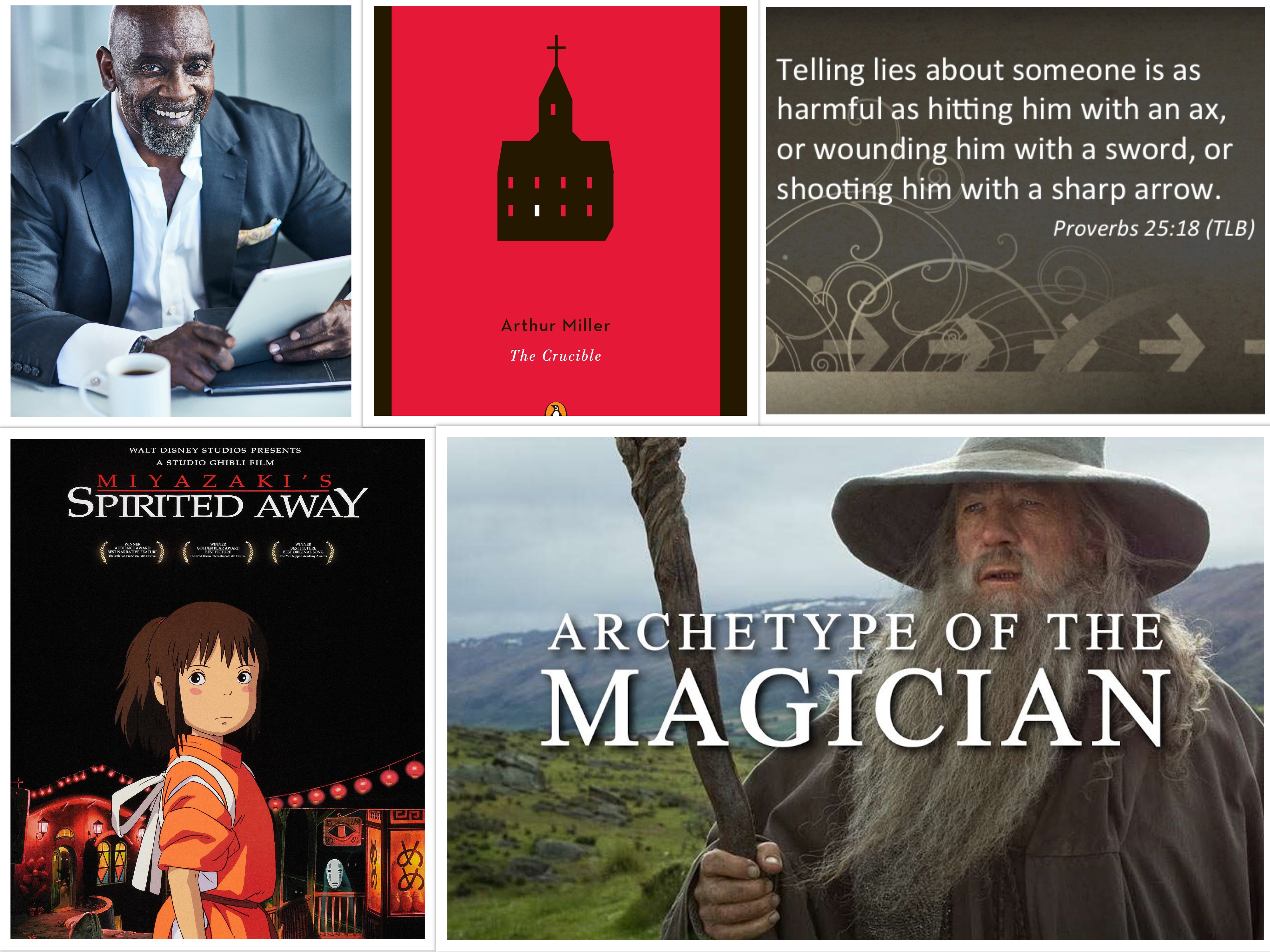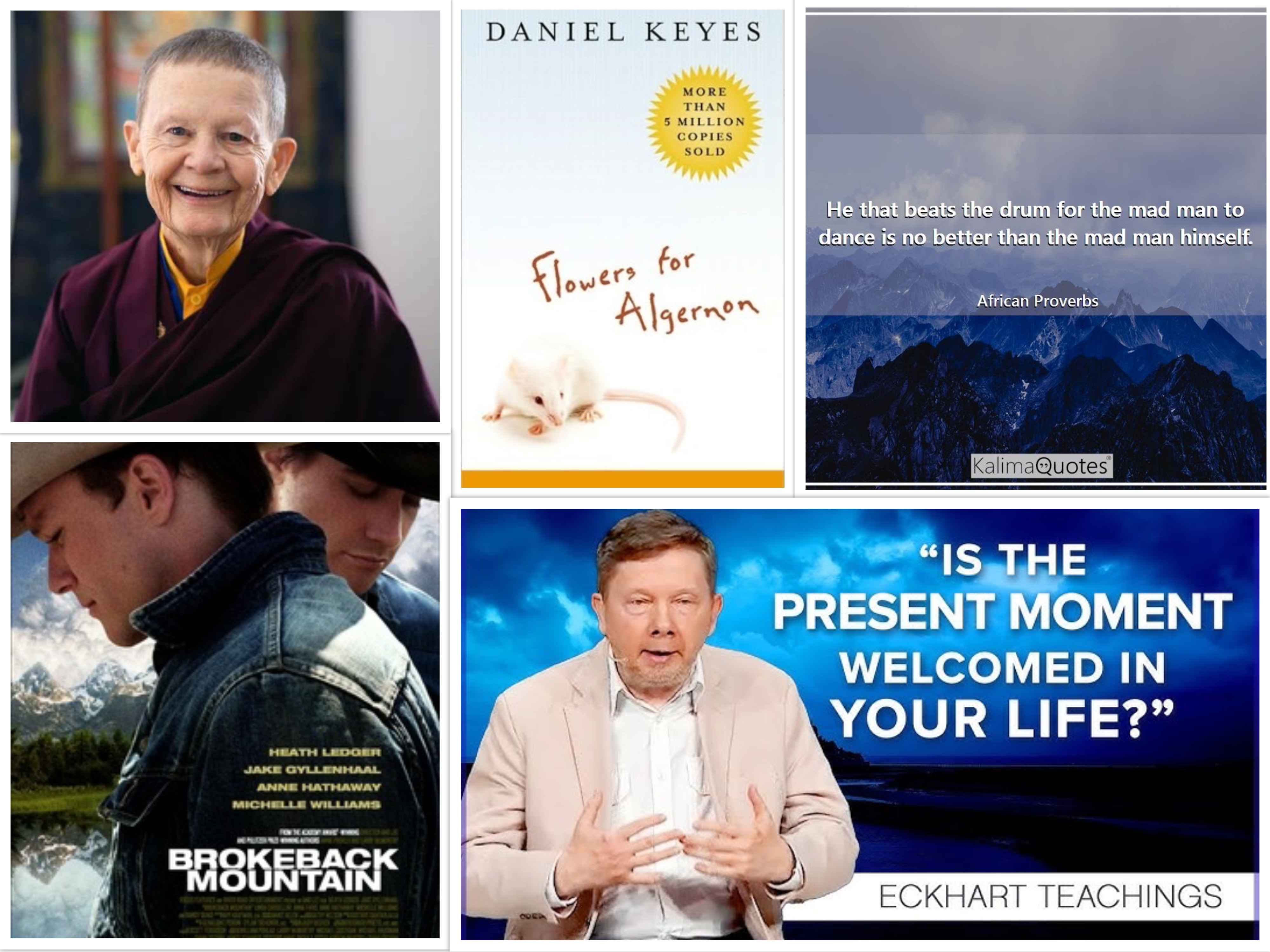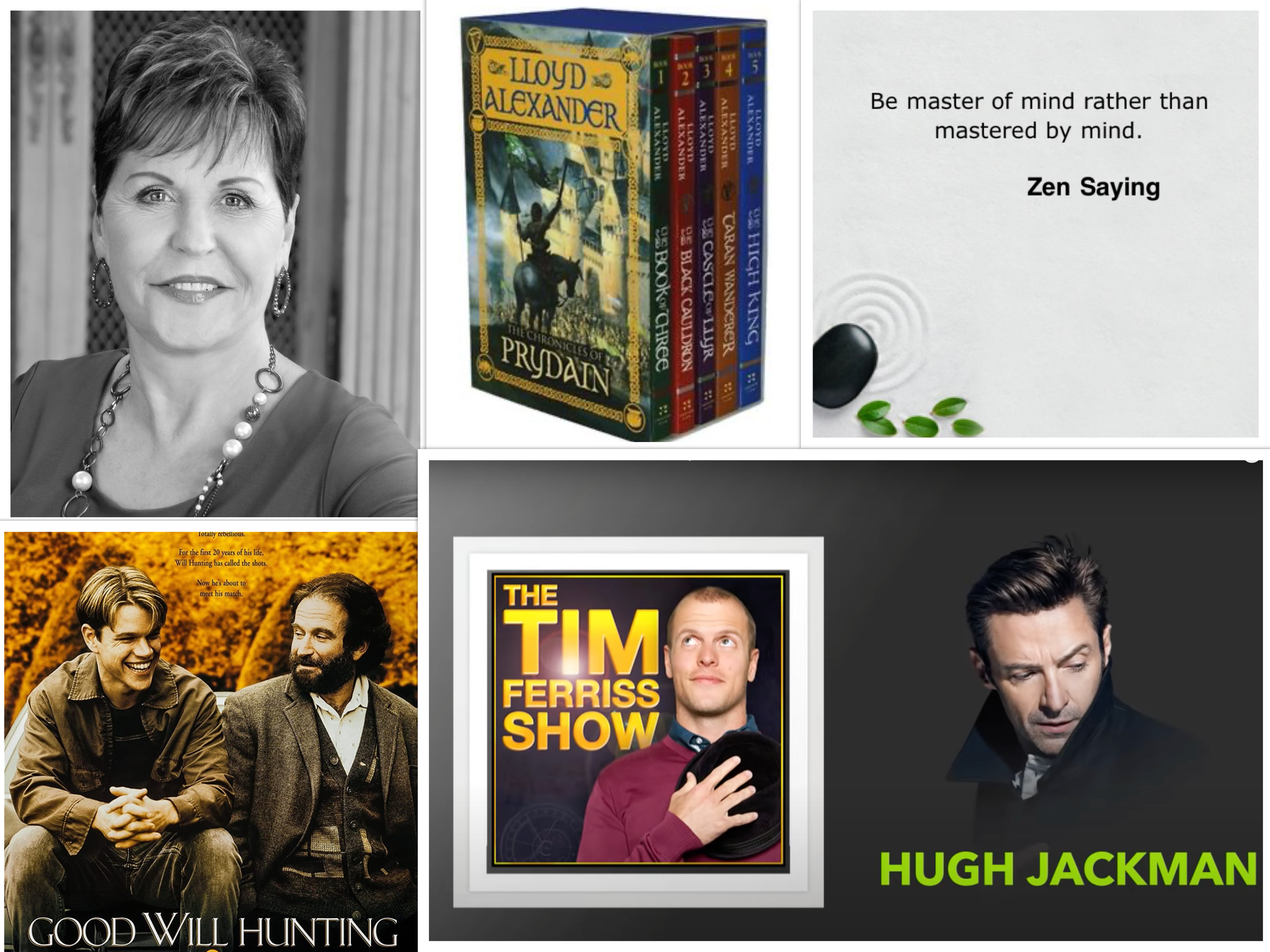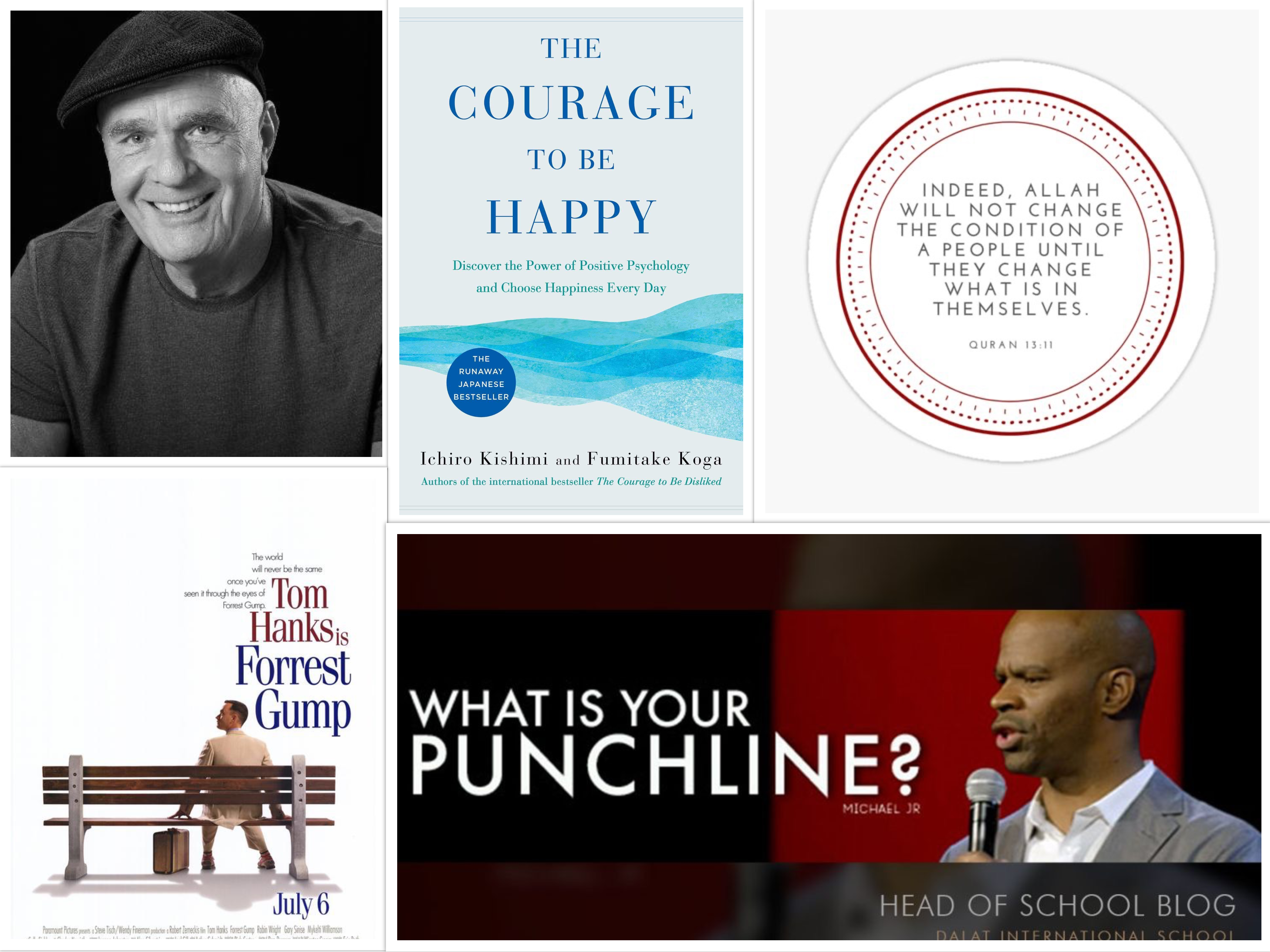Sunday Supplement #25 (October 31st, 2021)
Below is another Sunday Supplement with a quote worth sharing, a movie worth watching, a book worth reading, brainfood worth consuming, and a spiritual passage worth pondering.
I hope you take something away from these recommendations that enriches your week ahead!
Quote of the Week:
“Strong people stand up for themselves, but stronger people stand up for others.”
– Chris Gardner
Movie of the Week:
I highlighted Studio Ghibli in Sunday Supplement #2 and Sunday Supplement #16. Spirited Away is another brilliant movie from their catalog and is one of my favorite films.
The story follows 10-year-old Chihiro as she stumbles upon a world of gods, witches, and spirits. Her parents are turned into pigs for their greed, and Chihiro must find a way to fit into the magical world and figure out a way to save her parents. She receives help from Haku, a servant of the witch Yubaba, but must overcome many obstacles on her own while staying true to her feelings and beliefs.
One of the important takeaways from the movie is Chihiro’s belief in Haku when others do not trust him. The message of valuing friendship and standing up for what you believe in is subtle but powerful in the film.
Spirited Away won Best Animated Feature at the Oscars and is currently #28 on IMDB’s Top Rated Movies list. The film is a masterclass of storytelling, and the visuals are stunning. The themes in the movie (capitalism, spirituality, standing up for others) are brilliantly explored in a video by the YouTube channel The Take.
The story and tone of the film provide an exciting version of the Halloween movie. There are plenty of classic Halloween movies, but Hayao Miyazaki’s Spirited Away is one you should add to your list. There is so much to take away from the film, and I can’t recommend it more highly.
Book of the Week:
The Crucible – Arthur Miller
Arthur Miller’s classic play tells a fictionalized story about the witch-hunts and trials in 1700s Salem, Massachusetts. The story revolves around a disgraced maid, Abigail Williams, and her attempts to exact revenge by accusing citizens of Salem of practicing witchcraft. Her old employer, Elizabeth Proctor, is one of the women charged. And the accusation of Elizabeth comes after she was fired for a suspected illicit relationship with Elizabeth’s husband, John Proctor.
The Crucible touches on many themes about humanity and hysteria and is a valuable lesson of the power of fear and dishonesty. Miller wrote the play in 1953 and used the story to reflect the current times and effects of Senator Joseph McCarthy’s modern-day witch-hunt with Communism. The ruthlessness and eagerness of the community to turn on their neighbors is a reminder of the dark side of human nature and a warning against that path.
Halloween is often a chance to partake in festivities and should be celebrated, but inclusion and community should be at the center. The Crucible can be a way to connect with the history of witches in America while picking up some timeless lessons along the way.
Brainfood of the Week:
Like Stories of Old — Venturing into Sacred Space | Archetype of the Magician
Tom van der Linden is a video essayist whose YouTube channel (Like Stories of Old) explores different wisdoms, philosophies, social constructs, and spirituality. Linden’s videos tend to implement stories from authors and films to convey the thoughts behind the topics he discusses.
In this video, Linden goes over the final category in Robert Moore and Douglas Gillette’s book King, Warrior, Magician, Lover. The book is a venture into the four basic building blocks of our psychology. The video examines the archetype of the Magician and explores related concepts such as initiation, ritual process, and sacred space.
Lined quotes Carol S. Pearson for a description of the role: “The archetype of the magician teaches us about creation, about our capacity to bring into being what never was there before, about claiming our roles as co-creators of the universe.”
The video uses examples from movies and various books when discussing the archetype of the Magician. It focuses on the two sides of the archetype, Master of Technology and Knower. One has to do with the material world, and the other represents the personal psyche and internal/spiritual knowledge. The video then concludes with how the archetype of the Magician functions today. The qualities of the Magician revolve around the deconstruction of the ego, thoughtfulness, reflection, awareness, and insight. The purpose is to create and help others.
I recently came across Linden’s channel and am eagerly exploring its videos. The visuals and auditory background of his work are superb. The content is well worth checking out.
Closing Spiritual Passage:
“Telling lies about someone is as harmful as hitting him with an ax, or wounding him with a sword, or shooting him with a sharp arrow.”
– Proverbs 25:18
Amid Halloween celebrations, I see the masks and costumes we all put on for a bit of adventure. The above passage reminds me that people often still have masks on in everyday life. The previous entries on this post show the mistake of judging someone or bearing a false witness. I like to think that there is a reason for everyone’s actions, and a lot of times, crueler behavior masks an internal or previous wound. The backstory doesn’t excuse the action, but I try to pause and choose my response before making a hasty judgment.
One of the things I’ve learned and enjoyed is how a one-on-one conversation can completely change my perspective on someone I don’t know. It’s interesting to see people take off their masks and connect with someone I haven’t met before. Sometimes the best of these experiences have been with people I’ve judged before without knowing them or their story. I’m glad for these lessons, and I’m constantly working on being more aware of my thoughts and actions, especially when talking with and about other people.
Have a happy Halloween, and have a blessed week ahead!
2 Comments



